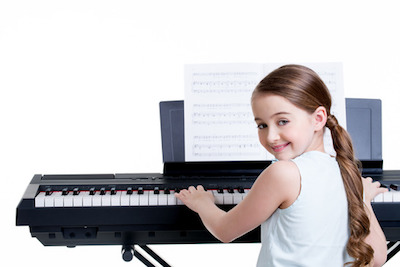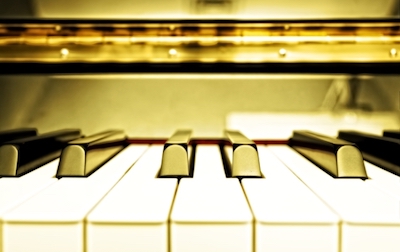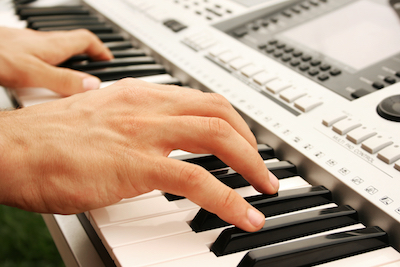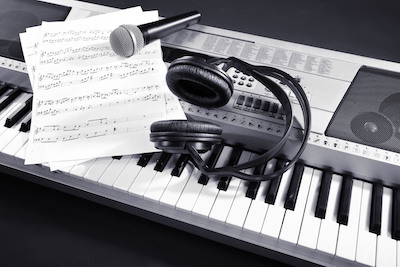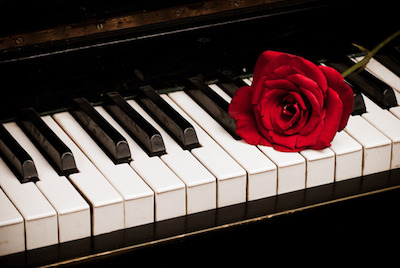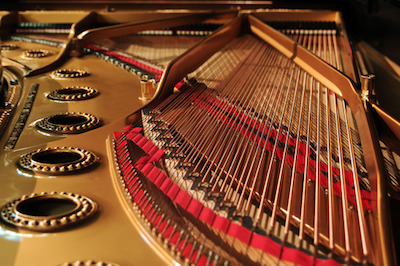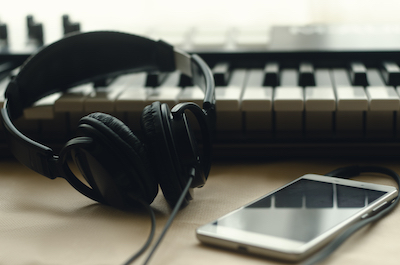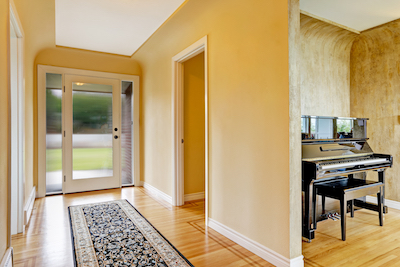When you look at an acoustic piano, very little has changed over the past century. Piano are still a cherished, classical instruments, proudly displayed in homes all over the world.
When most parents decide to introduce music into their children’s lives, pianos are almost always one of the top choices.
But like everything, pianos are changing. Technology is impacting the way we play and the instruments we play music with.
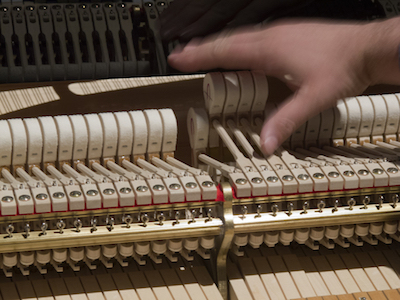 Wireless technology adds the benefit to the smart pianos to connect other devices including computers and tablets. This means you can control what you play and how you play it no matter where you are in the world.
Wireless technology adds the benefit to the smart pianos to connect other devices including computers and tablets. This means you can control what you play and how you play it no matter where you are in the world.
It starts with teaching. There are a variety of products and apps that are helpful and allow you to learn everything from hand placement to musicality. They help you be a better player, and can help you become the writer and conductor of your own music.
With Internet connections, you no longer have to visit a teacher locally. Hop online, and you can connect with an instructor anywhere in the world. They can teach you via Facetime and help control lessons through a variety of resources. To help guide your playing progress, smart piano provide lights to assist your next move.
Of course, programs extend beyond helping you play. They make becoming a songwriter and sharing your music easier than ever before. Smart pianos make connectivity just a touch of a button away, and once your music is edited just the way you like it, it’s easy to share with the world.
There are programs available for every age, every level, and every interest. In an age where people spend hours online with their favorite video games, why not make learning music just as easy. Piano playing is a skill that lasts a lifetime, stimulates creativity and boosts your brain power.
Whether you’re young or old, there’s a creative way of using today’s technology in helping you become the best piano player possible.

